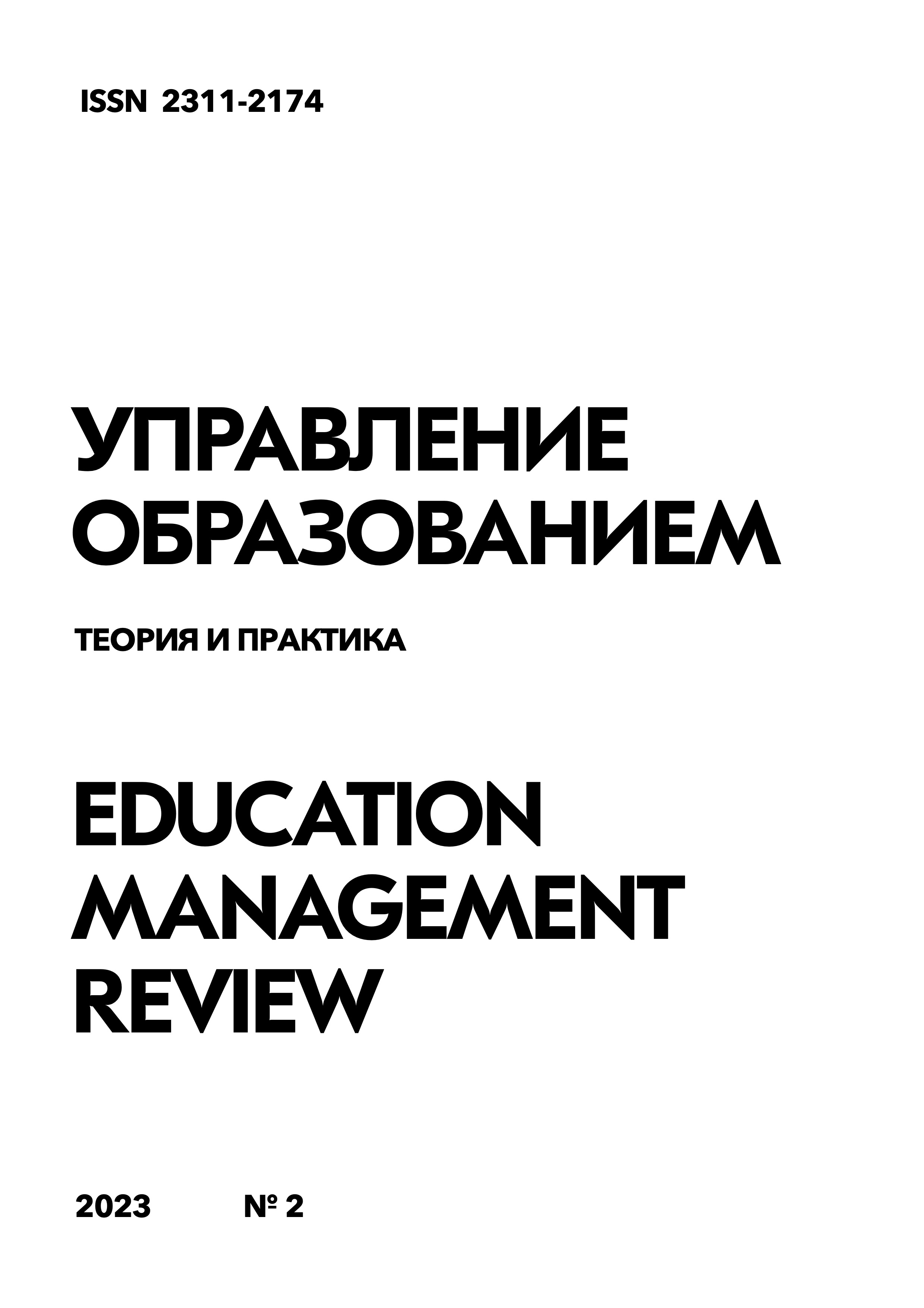Development of digital competence of future primary school teachers
DOI:
https://doi.org/10.25726/q4133-3361-5369-qKeywords:
digitalization, digital competence of the teacher, information competence, communicative competence, innovative technologiesAbstract
The article defines the trajectories of the development of digital competence of future primary school teachers (informational, communicative, creative), and also describes the types of educational tasks on the use of digital technologies in professional activities. Analysis of scientific sources and pedagogical practice, experimental search work. The method of formation and development of digital competence of future teachers in the process of studying the academic disciplines of the communicative-digital and methodological module is described. The result of the development of students' digital competence will be higher, provided the organization is systematic. This article is devoted to the study of the development of digital competence of future primary school teachers. Due to the rapid development of information technologies, it is necessary to train teachers who will be able to effectively use electronic learning tools and integrate them into the educational process. The article discusses the basic concepts and components of digital competence, as well as methods of its development for future primary school teachers. The authors base their conclusions on research and practical experience in the field of education and information technology. The results obtained can be useful for university teachers involved in the training of future teachers, as well as for primary school teachers who want to improve their digital competence.
References
Блинов В.И., Сергеев И.С., Есенина Е.Ю. Основные идеи дидактической концепции цифрового профессионального образования и обучения. М.: Издательство «Перо», 2019. С. 4–5.
Бороненко Т.А., Федотова В.С. Исследование цифровой компетентности педагогов в условиях цифровизации образовательной среды школы // Вестник Самарского университета. История, педагогика, филология. 2021. №1. С. 51-61.
Бортвик А., Хансен Р. Цифровая грамотность в педагогическом образовании: компетентны ли учителя? // Журнал цифрового обучения в педагогическом образовании. 2017. № 33:2. С. 47.
Гайдамашко И.В., Чепурная Ю.В. Цифровая компетентность и онлайн-риски студентов образовательной организации высшего образования // Человеческий капитал. 2015. № 10 (82). С. 19
Европейская комиссия (2017 г.). Принцип единой цифровой технологии в масштабах ЕС. https://ec.europa.eu/digital-single-market/en/news/eu-wide-digital-once-only-principle-citizens-andbusshopspolicy-options-and-their-impacts
Ярбро Дж. Цифровые обучающие стратегии и их роль в обучении в классе // Журнал исследований технологии в образовании. 2016.Т. 48. № 4. С. 276.
Ячина Н.П., Фернандез О.Г. Развитие цифровой компетентности будущего педагога в образовательном пространстве вуза // Вестник ВГУ. 2018. № 1. С. 136.




